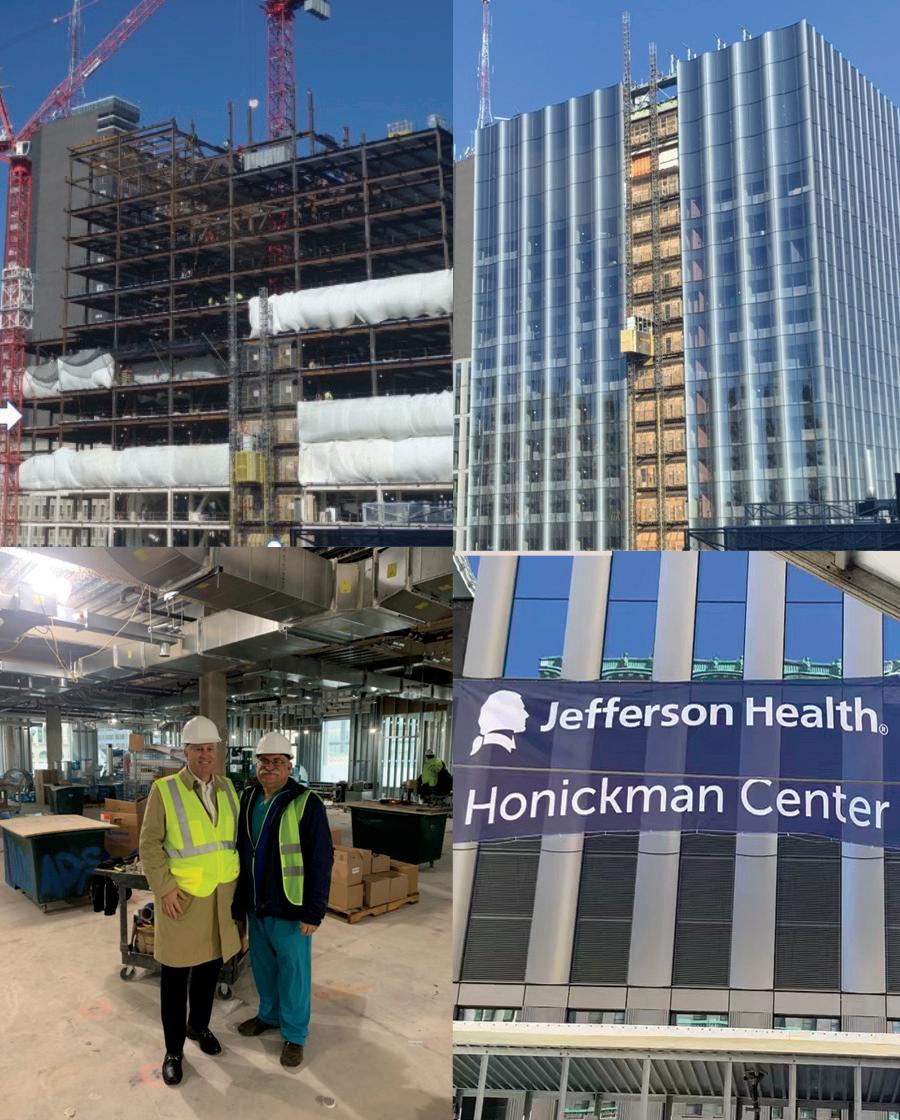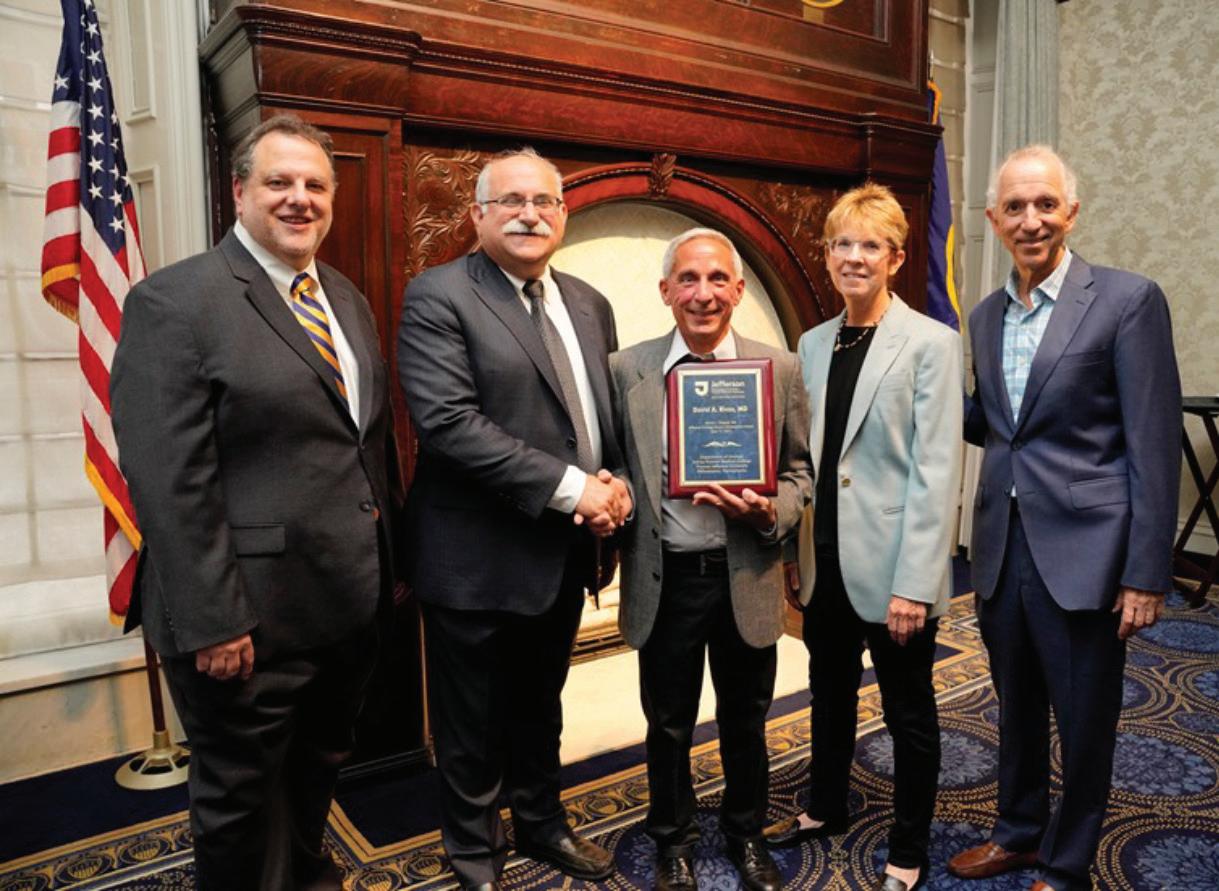
2 minute read
RAKIA Space Station Research Update
RAKIA Space Station Urology Research Update
By Paul Chung, MD
The Axiom Mission 1 (or Ax-1) was the first privately funded and operated crewed mission to the International Space Station (ISS). The flight launched on April 8, 2022, from Kennedy Space Center in Florida using the SpaceX Crew Dragon spacecraft and returned on April 25, 2022. The crew consisted of Eytan Stibbe from Israel, Larry Connor from the United States, Mark Pathy from Canada, and Michael López-Alegría, an American born in Spain. In addition to being a first of its kind event for space tourism, it was also a first of its kind for research for our Department.
Our research proposal to study changes in the urinary microbiome was selected by the Ramon Foundation and ARC Center for Digital Innovation at Sheba Medical Center, Israel, as part of the RAKIA Mission, the Israeli research arm of the Ax-1 space mission. The word Rakia means “sky” in Hebrew and was one of the words from the diary of Ilan Ramon (Israel’s first man in space) recovered from the Space Shuttle Challenger’s explosion. Our international research team included Harel Baris and Ben Boursi from Sheba Medical Center (Ramat Gan, Israel); J.Curtis Nickel from Queen’s University (Kingston, Ontario); Caleb Phillips from Texas Tech University (Lubbock, TX); and Emanuele Chisari and Javad Parvizi from Thomas Jefferson University.
Space travel exposes crew to substantial stressors, which may potentially alter their microbiome. On Earth, alterations in the urinary microbiota have been linked to urinary symptoms, and NASA has reported events of urinary retention and urinary tract infections during space missions. As space travel gains interest, especially from space tourism, it is important to understand the risks involved to protect the health and safety of travelers and professional astronauts.
Our research studied whether the urinary microbiota of space travelers is altered during a short-duration space flight to the ISS. During this IRB-approved study, urine samples were collected from the four members pre-flight, on-orbit, and after returning to Earth. These samples then underwent 16s next-generation sequencing sponsored by MicroGenDx (Lubbock, Texas). Significant differences in microbial compositions were identified suggesting that space travel appears to alter the urinary microbiota. Further studies with larger cohorts are needed to better understand the impact of space travel. We look forward to completing the analysis and publishing our results this year. Our 2021 Year in Review featured a discussion of Dr. Paul Chung‘s developing space station research.


The multiple launch date changes prevented Dr. Chung from being on site at the Kennedy Space Center for the RAKIA mission launch. Present for the April 8, 2022, launch were Dr. Mark Tykocinski, SKMC Dean and President of Thomas Jefferson University; Dr. Harel Baris, director of Israel’s ARC Space Lab, Sheba Innovation Center; and Dr. Grunwald, emeritus chair of anesthesiology SKMC and Director of the Jefferson Israel Center.










